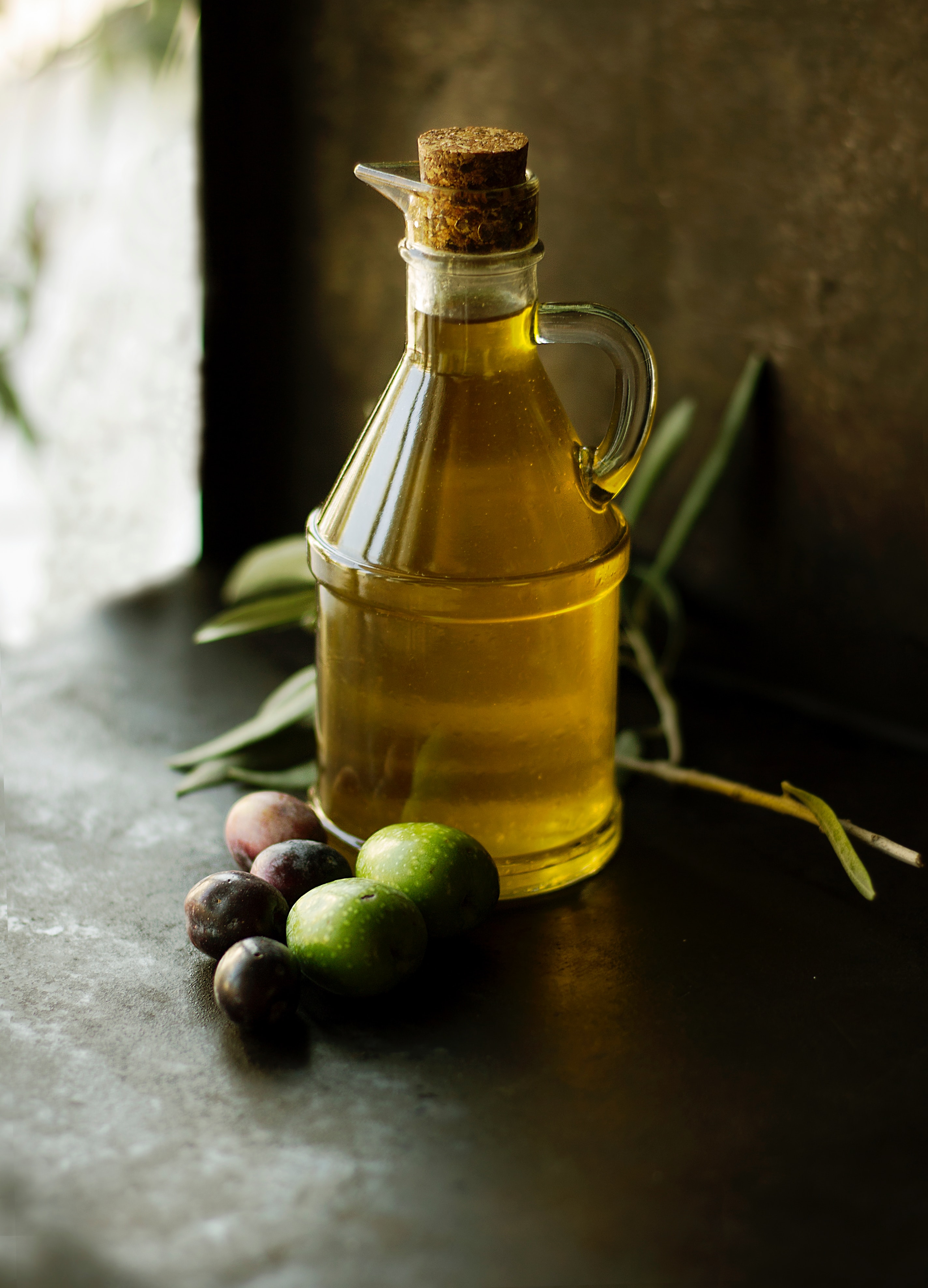
From Farm to Table: The Journey of Moroccan Olives and Olive Oil
The magic of Morocco is not only contained within the confines of its beautifully intricate cities, but also in its thriving fields, where one of the country's most valuable treasures grows—olives. The vibrant landscapes, rich soils, and ideal climate conditions create a perfect canvas for the cultivation of this precious fruit. In the enchanting journey from farm to table, Moroccan olives and olive oil have cemented their positions on the world stage as leading culinary delights.
The Moroccan Olive Fields
The tale begins in the sprawling olive groves of Morocco, most notably the regions of Fes, Meknes, and Marrakech. The fertile Mediterranean climate, coupled with centuries-old cultivation techniques, create an unparalleled environment for olive growth. From the first day an olive seed is planted, to the moment its fruits are harvested, Moroccan farmers meticulously care for their trees with an impressive combination of ancient wisdom and modern agricultural practices.
The Harvesting Process
When autumn arrives, it’s time for the annual olive harvest. The olives are hand-picked with immense care, preserving the integrity of the fruit. This labor-intensive process contributes to the high quality of the product and the sustainability of the farming practices. Ensuring that the olives are harvested at the optimal time is crucial, as it impacts the flavor profile, quality, and quantity of the oil produced.
The Production of Olive Oil
Once harvested, the olives are rapidly transported to local mills, where they are immediately cleaned, crushed, and pressed, traditionally using large stone wheels. This process extracts the pure olive juice, which is then settled or centrifuged to separate the oil. It's during this stage that the magic truly happens - the transformation of raw olives into the golden, aromatic liquid that we all know and love as olive oil.
Types of Moroccan Olive Oil
There are various types of Moroccan olive oil, the most distinguished being extra virgin olive oil. This oil, with its low acidity, high content of monounsaturated fats, and rich flavors, is a product of the first cold-pressing of olives. Other types include virgin olive oil and pure olive oil, each with their unique qualities.
The Quality and Health Benefits
Moroccan olive oil is celebrated worldwide for its superior quality, unique flavors, and rich health benefits. High in antioxidants, polyphenols, and vitamin E, it promotes heart health, boosts the immune system, and possesses anti-inflammatory properties. In addition to its health benefits, its unique flavor profile - featuring peppery, fruity, and sometimes slightly bitter notes - makes Moroccan olive oil a desirable component in many culinary applications.
The Global Reach
Morocco is the world's sixth-largest olive oil producer, contributing significantly to the global market. Its olive oil is exported to numerous countries, enriching dishes with its distinct flavor and enhancing overall culinary experiences. Yet, the journey from farm to table not only supports global food networks, but also sustains local Moroccan economies and communities, emphasizing the importance of importing Moroccan olives and olive oil.
Conclusion
Investing in Moroccan olive oil is more than just choosing a premium product for your table—it's also about participating in a rich cultural tradition, supporting sustainable farming practices, and promoting global culinary diversity.
Check some extra virgin olive oils you can import from Morocco at:
https://e-xportmorocco.com/en/products
